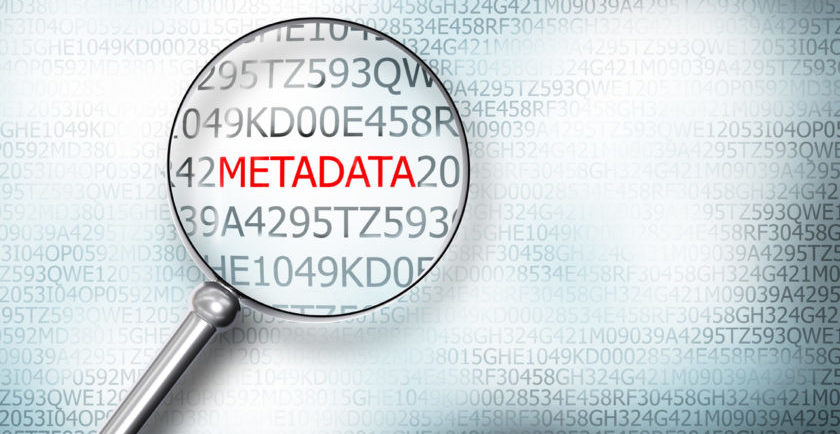Connections

M&E Journal: The Language Metadata Table (LMT): An Industrywide Effort to Collaborate
Story Highlights
Mary Yurkovic will be among the presenters Feb. 27 at the Smart Hollywood Summit in Los Angeles.
By Mary Yurkovic, Director, Smart Content Council, MESA –
Pick a standard, any standard. For many organizations, sifting through numerous standards can certainly seem like a trick of sorts. Within any given company, each division, each department may use a different standard, and clearly at most organizations it can be difficult to even agree upon a common standard.
The Media & Entertainment Services Alliance (MESA) and its working group around the HBO-developed Language Metadata Table (LMT) fortunately falls outside of the standards arena, instead serving as a forum for innovators in the space who will collaborate on what can work industrywide.
The goal of the LMT working group is to unite data specialists with a single, “open-source” table of language metadata values for the media and entertainment industry, while providing an open forum to share and discuss what works best industrywide. This initiative is a critical first step to discuss the complexities and challenges of data (and content) as it’s shared and required inter-studio (and some cases intra-studio). A common language while sharing framework is just the beginning. We need to start somewhere and LMT is it.
This working group brings together the industry’s top metadata gurus, from taxonomy and data specialists at the studios, to MESA members who offer great solutions for metadata wrangling. Under MESA’s Smart Content vertical, this LMT Working group forum is all about collaboration.
These smart people have banded together to solve some of the industry’s top challenges with metadata. Like it or not, admit it or not, all of the studios share, sell, buy, and market each other’s content (hence the above comment about inter-studio). With that content is the associated data. If we are sharing or requiring data, why not all “speak the same language” or in this case use the same metadata framework?
What is this LMT resource about?
It is an expandable mapping resource that organizes language metadata from a preliminary list. Essentially, it is a human readable reference table.
Developed by HBO over the past two years, the LMT was created to solve the challenge of needing a single, unified standard of language terminology. Its taxonomy and data team adopted a new standard: IETF BCP 47 (Internet Engineering Task Force Best Common Practices), which allows the company to organize language metadata from a preliminary list of nearly 140 languages and dialects. The table was implemented across HBO’s entire organization, and with success!
With that in mind, the question arose not just from the data enthusiasts at HBO, but from our own Smart Content advisors: why not work with our peers across the industry to share this knowledge and frameworks like this? The additional thinking behind this is not to enforce a standard (we already know there are enough of them), but to share hard work (framework) and work with the industry experts to refine it and expand on it as needed. We can ALL do a better job of sharing terminology across the industry.
The LMT working group is scheduled to meet once a quarter to refine this table for industry adaption, so this is an ongoing initiative. What we hope to gain from this core working group is the energy to tackle additional pieces of terminology. Dealing with data is one thing, all smart organizations are trying to mine their data. Dealing with terminology is something completely different and very complex. Collaborating on the LMT is just the beginning.
MESA is deeply committed to helping facilitate ideas and innovation so we can help guide our industry forward. We are very excited that the LMT working group is a strong platform that brings together MESA members, standards groups and the M&E’s top metadata gurus to tackle the industry’s nomenclature one classification at a time.
—-
Click here to translate this article
Click here to download the complete .PDF version of this article
Click here to download the entire Spring/Summer 2018 M&E Journal









